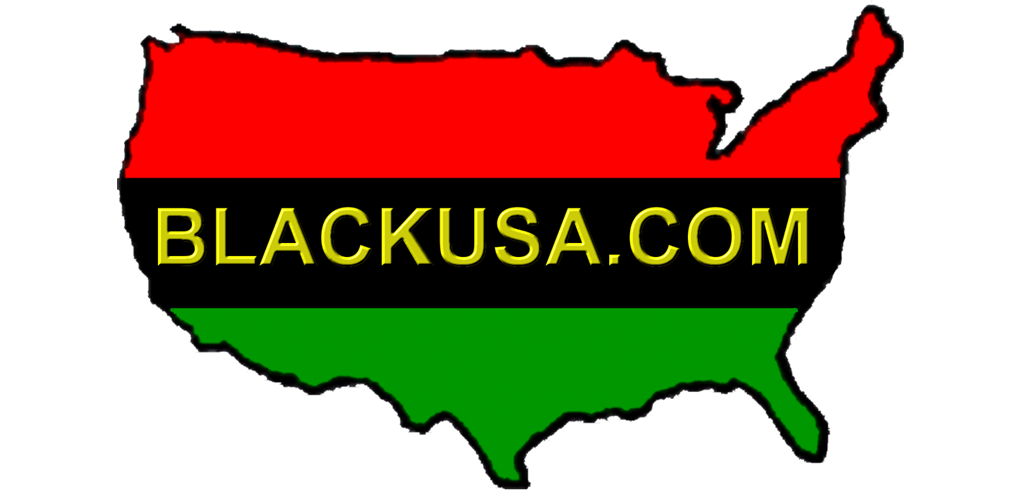The BlackUSA History Site has been on the Internet since 1996.
From the very beginning, the primary functions of the site were to display a different Black history fact and provide a new Black-inspired recipe each day.
BlackUSA also provided free HTML code enabling other web sites to help display daily Black history facts on their own websites. 
The site development and hosting costs over the years were donated by sponsors S.H. Watkins and Associates, Raimore Construction, Orbital Link, Sunman Media and C.C.C.S. The most recent addition to the site added extensions that allowed for more community participation in the material posted on the site.
After 30 years of promoting education on the subject of Black History the time has come to pass the torch. It has been a good run, thank you immensely to everyone that helped out along the way. I wish good luck to this new generation of rightful minded people who are working to keep human rights intact and educate people about the truth on Black history, and ALL history as it is truthfully told, no matter how harsh it is. Keep it HISTORY and not HIS-STORY.
– S.H. Watkins. Sr. – January, 2026
- We are actively marketing the domain name BlackUSA.Com.
- Until the domain it is sold, the Black History and Recipe search engines will remain online but there will be no updates to the site.

